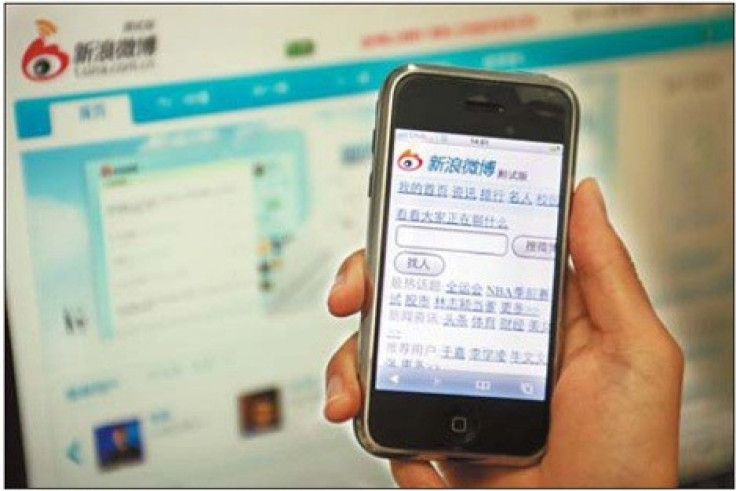New Restrictions Create Uncertainty For Chinese Social-Media Users

Sina Weibo, the popular Chinese social-media network and innovative microblogging service, has been running on new rules to restrict unlawful and disruptive discourse since May 28.
The new rules are widely seen by Western media and online experts as a means to exercise more control over a fast-growing community that has been given a comparatively large amount of freedom in terms of discourse in general and sociopolitical criticism in particular over the past half-decade.
As is the case with Twitter in the U.S., most Sina Weibo users spend their time updating and chatting with friends about common day-to-day events. Again as is the case with Twitter in the U.S., a significant part of the community thrives on political and social commentary.
Sina -- or New Wave -- has more than 300 million users, about three-fifths of the Chinese Internet user population.
On May 28, the company released its Community Management Rules (Trial), guiding what will be considered inappropriate commentary and how the service will deal with such incidents.
Earlier, the Chinese government asked all microblogging services to request users to re-register using their real names. Few followed through with the requirement.
The new restrictions are a means to tamp down fast-spreading rumors on social-media networks and to limit anti-government or incendiary speech.
The speed with which accounts of sensitive sociopolitical incidents have spread across social-media networks in China in recent years -- and especially in recent months, as exemplified by the rumors surrounding the purged former chief of the Communist Party in Chongqing, Bo Xilai -- has led to a national media campaign to combat the dissemination of so-called false information.
Whether those stories have any basis in truth is another matter, but the government is deeply concerned that primary channels for the flow of information used by the online community are gradually slipping out of their sphere of control.
Sina Weibo users each will now receive 80 points to begin with, and this can be boosted to a full 100 points by those who provide their official government-issued identification numbers (like Social Security numbers in the U.S.) and link to a cellphone account.
Spreading falsehoods will lead to deductions in points, among other penalties. Spreading an untruth to 100 other users will result in a deduction of two points. Spreading it to 100-1,000 other users will result in a deduction of five points, as well as a week's suspension of the account. Spreading it to more than 1,000 other users will result in a deduction of 10 points, as well as a 15-day suspension of the account.
Once the point total falls below 60, the user is flagged as low-credit. A loss of all points will result in an account's closure.
But what counts as a falsehood? Sina stipulated this includes information that is wholly false or encompasses falsified details. It also includes using nonconforming or false images to mislead. Exaggerating events, presenting already resovled events as ongoing, giving incomplete or hidden information, and misquoting others will also lead to point deductions.
Some comments are considered outright unlawful. These include statements that conflict with the basic tenets of the constitution; statements that harm national unity, sovereignty, and territorial integrity; revealing state secrets and damage national security and national interests; efforts to incite ethnic tensions and violence and hurt ethnic unity; efforts to spread cultist or superstitious thinking; spreading rumors to disrupt social harmony; obscenities; promoting illegal protests, assembly and demonstrations; and other activities stipulated by authorities.
If all that sounds pretty vague, don't worry: Chinese Netizens are themselves also still trying to wrap their heads around what the new restrictions will mean for their online activities.
© Copyright IBTimes 2024. All rights reserved.











